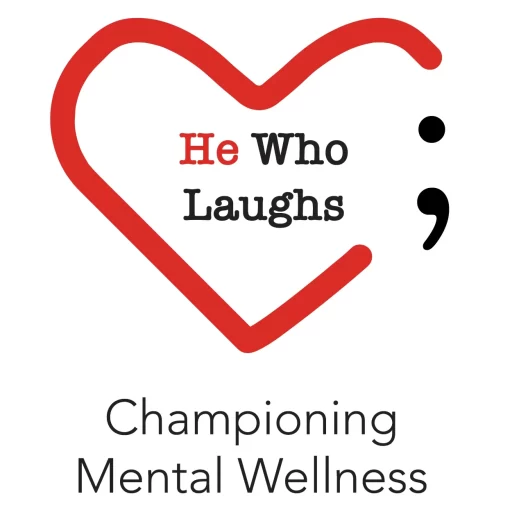April is Stress Awareness Month. No matter how you define stress, a beautiful invitation is waiting for you to be a witness to your thoughts, your circumstances, and ultimately your responses. Being a witness to these things will help you manage your stress, not eliminate it. Want to know more? Great, keep reading and see if I can shed light on this topic for you.
Depending on the nature of a situation, stress could have a beneficial outcome (ie. eustress). Stress can be thought of as an emotional or physical tension that presents in the body. The emotional or physical sensation is the body’s response to an event, daily tasks, or thoughts. Good stress can help use meet deadlines and manage workloads to maximize productivity to name a few benefits.
Bad stress (ie acute or chronic stress) is what leads to feelings of exhaustion, poor concentration, decreased productivity, and burnout. Ultimately when left unchecked chronic stress can lead to health challenges that affect our body and our immune system. Often we fail in recognizing bad stress. We live in a culture that glorifies the hustle and puts mental health matters on the back burner.
Did someone say anxiety? Anxiety is the most common mental health diagnosis in the United States. It impacts more than 40 million adults (age 18 and older) every year. What is the dynamic relationship between stress and anxiety? Stress is the response to an event and anxiety is the response to stress. When left unchecked stress can lead to a host of physical and mental characteristics. In stressful situations the body releases the hormones adrenaline and cortisol. In acute stress (flight or fight mode) it can take almost 90 minutes for a person’s metabolism rate to return to normal once a threat is eliminated.
What are some common stressors in our lives?
- Finances
- Personal & professional relationships
- Work
- Loss (not just loss of human life)
- Poor coping skills
- Unhealed trauma
- Mental health illness
- Poor medical care
Part of our emotional wellness is tied to how we process stress when we encounter it. For example, when we encounter death and are in a place of shock, the human body is hard wired to survive. This simply means that when people are emotionally, mentally, and physically stressed, the body is going to divert all the internal processes to protection and survival. This is where trauma can enter the scene and shape future emotional, cognitive, and behavioral learning.
I had anxiety prior to the death of my child. His death just capitalized on the storm that was brewing beneath the surface. Working full time as a social worker came at a cost of my mental and physical health. I was in high performance roles and was expected to drop everything for bosses who did not value my wellness. They valued how I could make the company money and or make them look good. It took some time for me to realize that people can have all the credentials they want behind their name, but what makes the real difference is how you treat humans; and for the record, kindness is free.
Ways to manage your stress experience:
- A well placed no can lead to a beautiful yes, or set boundaries. Learn how to say no without writing a short novel.
- You are not in control of how others perceive you.
- Start the day off with a positive quote or prayer. While positives don’t cancel out negatives, it does help ground us back to the moment and who we desire to be.
- Sleep is essential. Sleep helps the body rest and restore from the inside out. Lack of sleep not only impacts cognition, but it can also impact mental health.
- Diet: YOU ARE WHAT YOU EAT and balancing out your intake with fresh fruits and veggies, while limiting caffeine and alcohol, goes a long way in nourishing the body and mind.
- Physical activity or some form of daily exercise. Not all exercise has to be sweat producing for it to be helpful. Try yoga, meditation, breath practices, or even a daily walk out in nature to unplug and connect to yourself.
There are several ways to manage your stress. I know for me, I spend a lot of time on my yoga mat and in nature. I also enjoy silence. As spring hits Ohio I cannot wait to get my hands in the dirt and prep for our garden and field of wildflowers. Taking care of your emotional and mental wellness is not easy. Learning to manage stress and make your mental health a priority takes practice.
What are some things you do for stress relief? Mention activities, apps, or even your favorite quote down in the comments below. You never know in sharing how you could be lighting the way for someone else.


I have been using the app called Waking Up by Sam Harris. It offers guided meditations, various philosophical practices, interviews, poetry, and a timer for silent meditation. Even as little as 1 to 3 minutes, focusing on my breathing, can make a huge difference.
I have not heard of this app. Will check it out as I am always looking for new things to support my own journey and the journey of others. Thank you for sharing.
TWLOHA also is a great app and lets you track your mood day to day. Inspiring quotes and mental health blogs too.